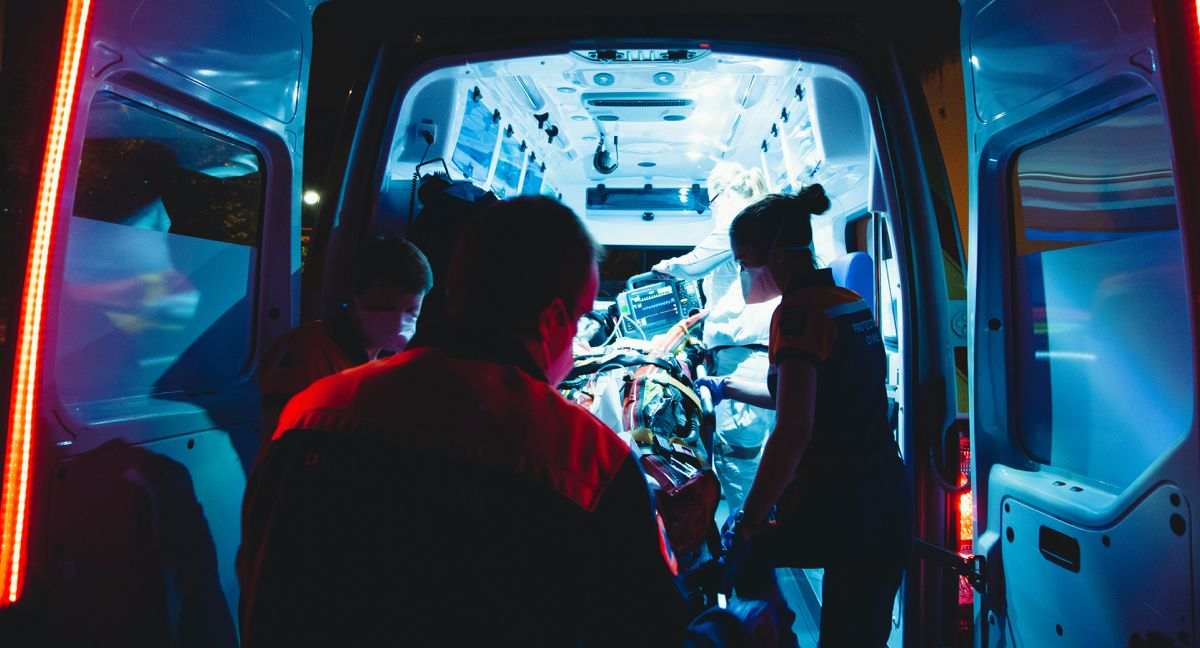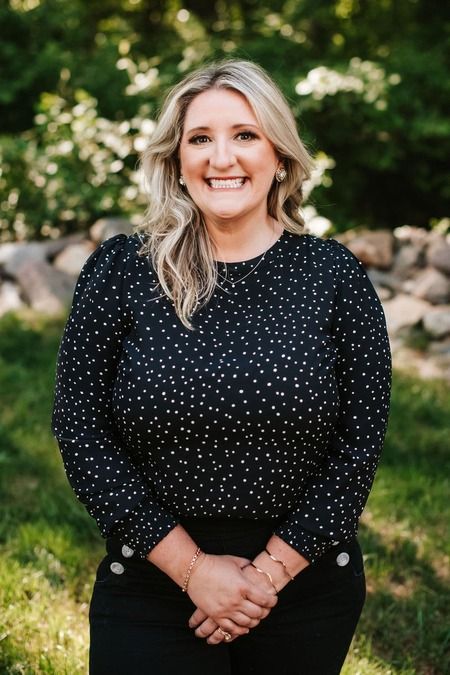Brooke graduated from the University of Richmond School of Law after receiving her undergraduate degree from the University of North Carolina at Chapel Hill. Brooke worked for five years in private practice with a law firm specializing in insurance defense litigation before becoming the trial litigator for Allstate Insurance Company in the metro Richmond area.
It’s been a tough year-and-a-half for Virginia’s first responders and frontline health care workers.
In many instances, the First Responders are the initial people to interact with someone who is seriously ill with COVID-19.
There is a good reason why they are considered the heroes of this pandemic.
One of the many issues they face is what type of wage and medical benefits will be available to them if they contract COVID-19 and are off of work due to the illness or the need to quarantine.
Usually, if an EMS worker or other health care worker has an on-the-job injury, it is easy to demonstrate and prove.
For example, an EMS technician can hurt their back lifting a patient into an ambulance. That is a simple workers’ compensation claim to make and win.
But what happens when that same EMS worker comes down with COVID-19? From whom and how did they catch the virus? Was it on the job, treating and transporting COVID patients, or was it spread from someone while grocery shopping?
These types of workers’ compensation claims would normally be much harder to prove. But experienced and skilled Virginia workers’ compensation attorneys can help make sure your rights are being protected and you get the benefits you deserve.
A new law passed by the Virginia Legislature will help.
Will the New COVID-19 First Responders Workers’ Compensation Law Make It Easier to File and Win a Claim?
To help with the difficulty of applying for and winning workers’ compensation claims for COVID-19, the Virginia Legislature passed House Bill 1985, Senate Bill 1375, and House Bill 2207 which are designed to make it easier for health care workers and first responders to receive medical and wage benefits after contracting COVID-19.
The combination of the three new laws creates a presumption of compensability when the worker is disabled or dies from COVID-19.
For the presumption to be valid, the health care worker must have tested positive for the virus and be treated for COVID-19 symptoms by a medical provider.
However, one caveat in the new law provides that health care workers and first responders who refuse to be vaccinated will not be eligible for the presumption that the disease was caught at work unless a physician determines that receiving the vaccination will be adverse to the person’s health.
What Is a “Rebuttable Presumption” of Compensability?
The new law creates a “rebuttable presumption” that if the first responder or health care worker contracted COVID-19, they did so while on the job.
This makes it easier for them to win workers’ compensation wage and medical benefits if they are off of work due to the disease or die from it.
It is a rebuttable presumption, though, in that if there is evidence to show that the disease was contracted outside of work, then they would not be entitled to benefits.
For example, let’s say that there is a hospital worker that in the normal course of his or her job, never comes into contact with patients, but that worker then contracts COVID-19.
During the workers’ compensation hearing, the employer could attempt to rebut the presumption by arguing that the employee had to catch the virus outside of work because they were never near sick patients at work.
The new law puts the burden on the employer to rebut the presumption. This is different from claims for other types of work-related illnesses, where the employee has the burden to prove that their illness resulted from work.
The Virginia Workers’ Compensation Lawyers at River Run Law Help First Responders Win Benefits
If you are a first responder or health care worker and have COVID-19, contact the Virginia workers’ compensation lawyers at River Run Law.
We are here for you to answer your questions and help you through the complicated process of a Virginia workers’ compensation claim.
You are the frontline heroes that have helped all of us through this pandemic. Now, let us help you.
Contact our office today to schedule an initial consultation to learn more about how we can protect your rights and assist you in getting the compensation you deserve.



